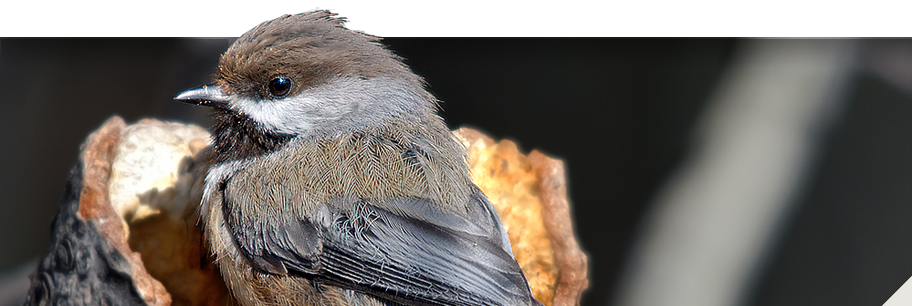 Photo ©
Keith Williams
Photo ©
Keith Williams
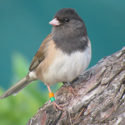
Your Junco Nest Observations
Nesting season is here, and yet researchers studying urban-nesting Dark-eyed Juncos have found their research halted by stay-at-home ordinances in response to COVID-19. A team of junco researchers based at UCLA is inviting anyone who finds a junco nest (of any subspecies) to please report the details to NestWatch. Learn how you can help the junco research team continue their studies even as we all stick close to home in our latest blog!
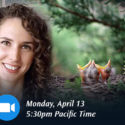
“Communiversity” Discussion
Robyn Bailey, Project Leader for NestWatch, will join Ted Alvarez, Environment and Science Editor with the online news site, Crosscut, for the “Communiversity” Arts and Lecture series on Monday, April 13 at 5:30pm Pacific Time via Zoom. Bailey and Alvarez will discuss NestWatch’s current research, education, and communication initiatives. Join online to learn about the small things you can do to help birds every day, especially from your own homes and neighborhoods! Tickets are available for $25.
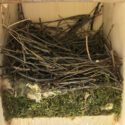
A New Outcome Code
Have you ever had a nest taken over by another bird, while the original nest was still active? This is commonly witnessed when an invasive species, such as a House Sparrow or European Starling, takes over the nest of another bird that was already in progress; however, it can also involve two native species (e.g., a native House Wren may take over a chickadee nest, as in the photo above). Now, you can report this result to NestWatch with a new outcome code, “Failure due to nest takeover by another bird.” If known, you can also report the bird species that took over the nest.
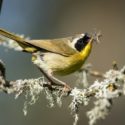
Our Latest Bulk Upload
We’re happy to report our latest bulk upload was courtesy of Cornell researcher Dr. Conor Taff. The data were from Conor’s research on Common Yellowthroats, a cup-nesting warbler commonly seen over most of the U.S. and Canada during breeding season. This dataset consisted of 486 nests monitored between 2005–2012. Thank you Conor!
Are you a researcher looking to archive your nesting data? We can help! Contact us at nestwatch@cornell.edu for more information.
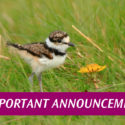
Remote Work Update
We hope all of our readers are staying safe and healthy while we all deal with the COVID-19 pandemic. In a time where social distancing is required, it is heartening that we can still enjoy birds from home.
Note that the NestWatch team is now working remotely, and we are not currently able to respond to your phone messages. We are still able to check these messages, but please leave your email address for follow-up.
If you need to contact us, emailing nestwatch@cornell.edu is the best way to ensure a timely response. We can also respond to messages on Facebook. Thank you for your understanding, and stay healthy!